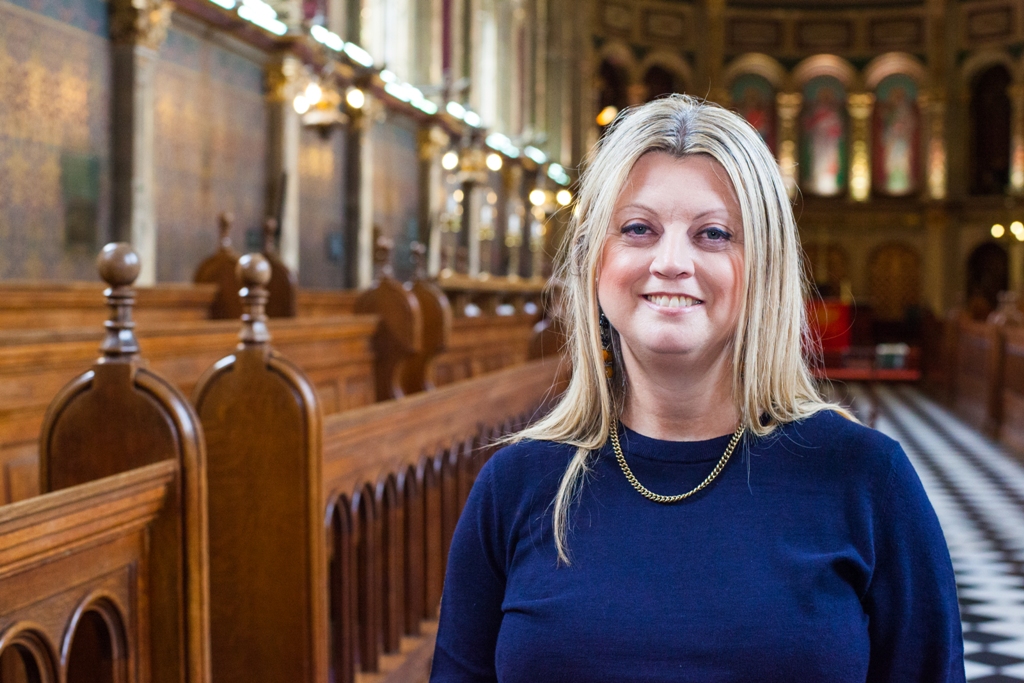The article showcases the result of a 3-year global research project covering 20 jurisdictions. This project was generously funded by INSOL International.

Dr Eugenio Vaccari, Dr Yseult Marique (University of Essex) and Prof Laura Coordes (Arizona State University) have co-ordinated a research project on local public entities in distress generously funded by INSOL International. The project is titled "When Liquidation is NOT an Option - Local Public Entities in Distress". The results of this project have recently been presented at the INSOL International Academic Colloquium, and they have appeared in an article published on The Conversation.
This research is extremely timely. Partly fuelled by external pressures such as rampant inflation, social care and increasing transport and utility costs, UK councils are struggling to make ends meet.


The already-bankrupt Slough Borough council had been pressured to sell most of its real estate holdings in a last-resort attempt to get its finances back on a sustainable footing. Recently Northumberland County council joined Slough, Croydon, Nottingham and Northamptonshire County in this list of bankrupt authorities. According to the influential Parliamentary Public Accounts Committee (PAC), more councils will be forced to issue Section 114 notices, the orders that restrict all non-essential spending because the council has run out of money. A gloomy prophecy likely to become true much earlier than anticipated.
Councils do fulfil an essential role in our society. They provide fundamental services, such as social care, transport, education, water supply and treatment, and waste collection. When a council goes bankrupt, it is the most vulnerable citizens who suffer the most.
Avoid Rainy Days
Home Office Minister Rachel Maclean has been heavily criticised for suggesting that the way to deal with the rising cost of living could be getting a better job or working more hours. Yet, there is some truth in such statement, which may well apply to local entities.
Our study shows that where strict accounting and reporting rules are implemented (such as in Belgium, Canada, France, Germany, Japan, the Netherlands, and even the Russian Federation), local public entities are less likely to experience financial distress.


Particularly praiseworthy is the Japanese system, which features an alert system based on different financial and accounting ratios used to determine the financial soundness of the local public entity. The introduction of strict fiscal accounting measures in 2007 with the Local Financial Soundness Act led to a reduction – from 40 to 0 – in the number of cities facing early restructuring procedures to save costs and avoid bankruptcy. Only one city (down from three per year in 2007), Yubari, is still working to become solvent.
Ensuring that money is well spent is another key task. The South African Constitution mandates that municipal budgets and budgetary processes must promote transparency, accountability and the effective financial management of the economy, debt, and the public sector. Similar recommendations are found in the Constitutions of other civil law countries, such as Belgium, France and Italy. However, this is not enough. In South Africa, despite constitutional mandates on municipal budgeting and financial accountability, the way these rules are implemented has resulted in extraordinarily high number of local authorities in distress. In 2020 alone, about one in five South African municipalities was under administration.
Effective accountancy rules and long-term prudential financial planning are “a” way to avoid rainy days. However, avoiding rainy days cannot be “the” only strategy implemented by national and local governments. For example, in Canada, despite strict accounting and lending rules, several municipalities have defaulted on their payments in recent years.
Unforeseen events such as a sudden spike in commodity prices, natural disasters, conflicts in neighbouring countries, significant drops in the population, and influxes of refugees and migrants may well turn the most financially sound municipality in a bankrupt entity.


Negotiating Ways Out of Rainy Days
Take, for instance, the case of Detroit. Once a major centre for commercial trade due to its location in the Great Lakes region in the USA, it became the automotive capital of the world and one of the largest and most prosperous cities in North America. Yet, problems such as the collapse of the automotive industry, population decline, social and racial issues, corruption and mismanagement brought the city to file for Chapter 9 municipal bankruptcy on 18 July 2013. In other words, the “Arsenal of Democracy” went bankrupt.
What can you do if a city or local council goes bankrupt? Our study shows that countries do adopt varied solutions.
The USA is the only country in our study to have a comprehensive set of insolvency rules applicable only to local entities in distress. This ensures that when cities like Detroit go bankrupt, there is a sufficiently tried-and-tested approach to negotiate a way out.
Most European countries opt for special administrative rules. They believe that public law mechanisms rather than insolvency laws are better suited to protect vulnerable citizens. The need to ensure the continuity of essential services justifies departing from “traditional” insolvency rules on distribution of assets, thus forcing creditors to waive a more significant portion of their claims or accept much longer repayment terms than if these traditional rules applied.
Some countries such as the UK adopt a much less structured approach. Rather than intervening early to minimise disruptions to essential services, they indirectly support mergers between local entities, and their laws only intervene by replacing local councillors when no money is left in the council. At that point, the only option left on the table is a government’s bailout with taxpayers’ money.
Conclusion
Last-minute bailouts are inefficient and ineffective to address local public entities in distress. Sound financial management and statutory strategies to renegotiate debt obligations are more promising approaches to minimise financial risks for local entities and their impact on the most vulnerable citizens.
However, our study shows that, due to a variety of reasons (and not necessarily inadequate planning) and lack of effective restructuring laws, UK council over-rely on Government’s intervention when things go wrong. Such help was promptly provided in the cases of Slough and Croydon, and the taxpayer-funded bailout of the struggling Transport for London. What about the future?




























